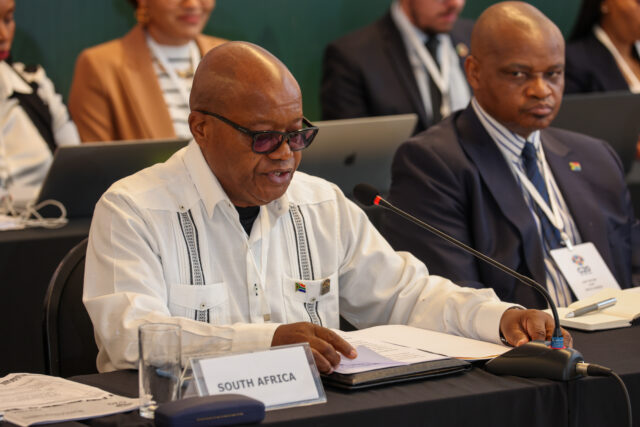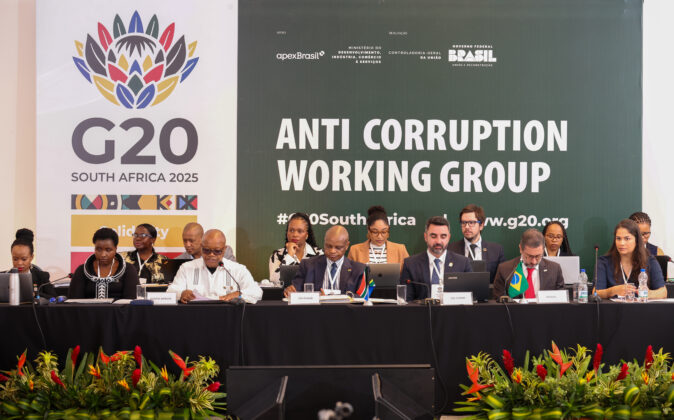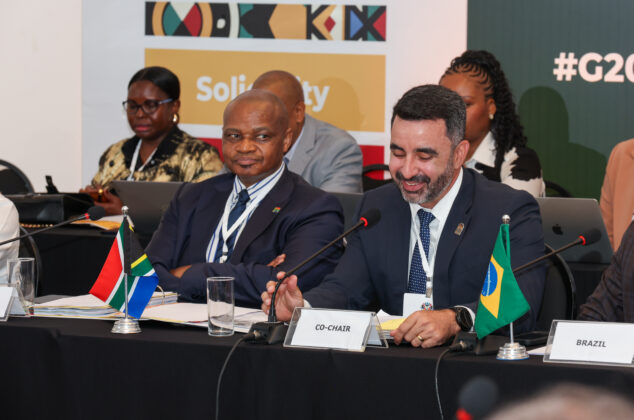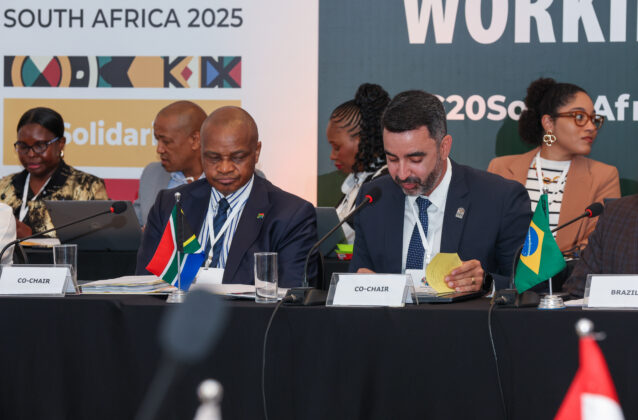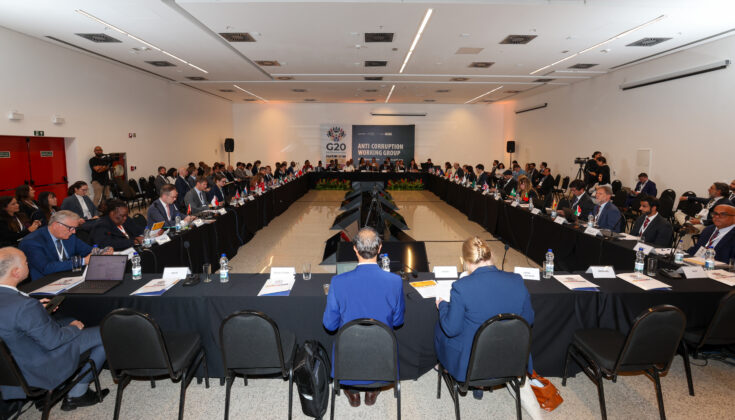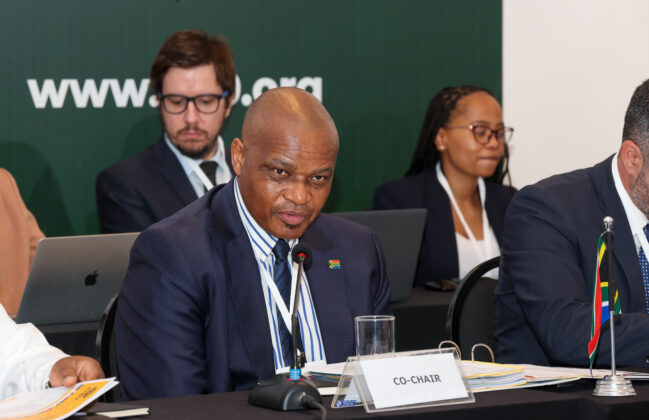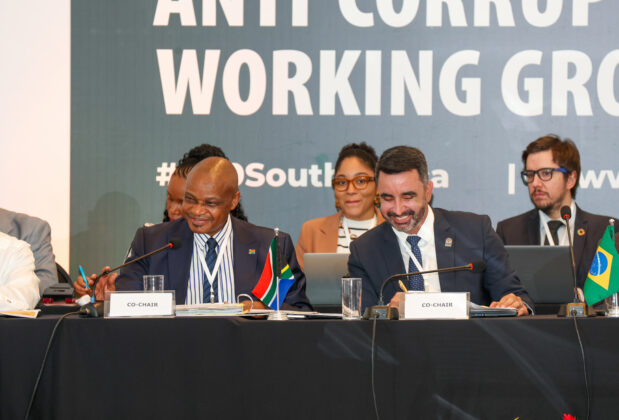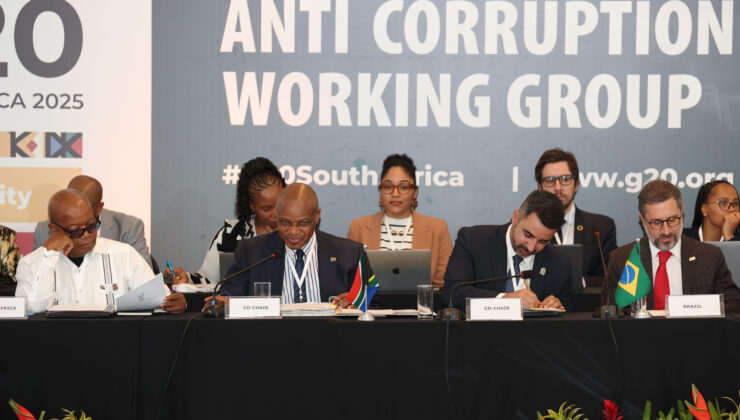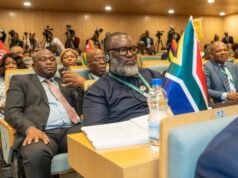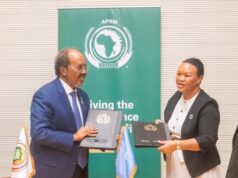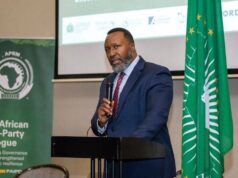BrasÃlia, Brazil – June 9, 2025 – The second meeting of the G20 Anti-Corruption Working Group (ACWG) Tehnical Meeting commenced today in BrasÃlia, Brazil, with South Africa’s Ambassador to Brazil, H.E. Vusimuzi Wellington Mavimbela, delivering the opening remarks on behalf of the South African government.
Ambassador Mavimbela expressed gratitude to Brazil for hosting the meeting and for co-chairing the ACWG alongside South Africa during its G20 Presidency. He emphasized the importance of building on the achievements of previous G20 presidencies and the robust discussions held in Cape Town.
In his address, the Ambassador highlighted the G20 ACWG’s commitment to international collaboration in combating corruption. Under the theme of “Solidarity, Equality, and Sustainability,†South Africa aims to foster inclusive global economic growth and sustainable development.
Ambassador Mavimbela reaffirmed South Africa’s dedication to eradicating corruption through various initiatives, including legislative reforms aligned with the National Anti-Corruption Strategy (NACS). He noted that these efforts are guided by the National Development Plan (NDP), which aims to establish a resilient anti-corruption system by 2030.
He pointed out the significance of the 2030 Agenda for Sustainable Development, particularly Goal 16, which focuses on reducing corruption and enhancing institutional transparency.
The Ambassador emphasized the need for a collaborative effort among various sectors, including the public and private sectors, civil society, and academia, to achieve a long-lasting impact in the fight against corruption. He outlined four key priorities for South Africa’s G20 Presidency:
- Strengthening the public sector by promoting transparency, integrity, and accountability.
- Increasing the efficiency of asset recovery measures.
- Enhancing inclusive participation from all sectors to combat corruption.
- Improving whistle-blower protection mechanisms.
Ambassador Mavimbela also highlighted the importance of implementing international legal instruments, such as the UN Convention Against Corruption (UNCAC), to enhance efforts against corruption. He expressed optimism for constructive discussions on key outcome documents, including the High-Level Principles on the Management of Seized and Confiscated Assets.
In closing, the Ambassador wished all delegates success in their deliberations and looked forward to positive outcomes that would strengthen collective efforts against corruption.

